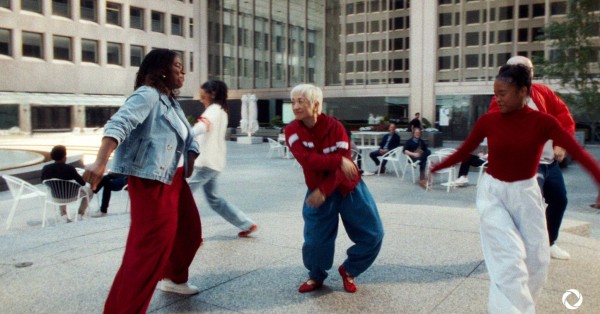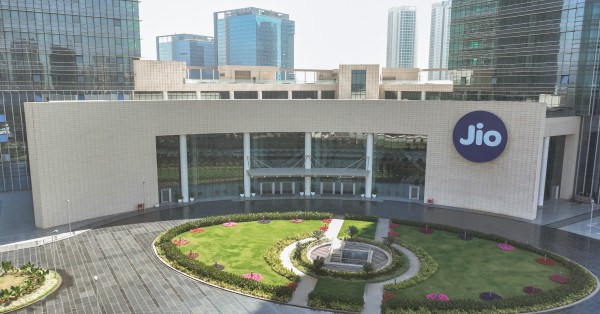BT Group Unveils First Self-Powered Mobile Site in Shropshire Hills
BT Group has activated its first-ever self-powered mobile site, located in the rural Shropshire Hills. This pioneering initiative harnesses renewable energy, with approximately 70% of the site’s power generated by on-site solar panels and a wind turbine. The mobile site will provide reliable 4G and 5G connectivity to EE customers living, working, and traveling in the area, marking a significant step in the company’s sustainability journey.
Harnessing 100% Renewable Energy for Mobile Site Operations
The Shropshire Hills mobile site relies entirely on renewable energy, with solar and wind sources meeting its operational power needs. Through an environmental assessment, the location was identified as suitable for this energy solution. The energy generated on-site is stored in batteries, which power the mast delivering mobile connectivity.
When renewable energy is insufficient, and the battery is fully discharged, a backup generator powered by Hydrotreated Vegetable Oil (HVO) kicks in. HVO is considered a green fuel as it’s produced from waste and residual oils, allowing BT Group to maintain connectivity for customers while adhering to its sustainability goals.
Significant Energy Savings Through Wind and Solar Power
BT Group anticipates that the self-powered mobile site will generate around 17,000 kWh of wind and solar energy annually, equivalent to the energy needed for 100,000 hot showers. This will result in cost savings of more than £10,000. While this Shropshire Hills site serves as a trial, BT Group has identified hundreds of other locations, particularly in coastal or hilly areas, where similar renewable energy technology could be deployed.
BT Group’s Commitment to Sustainable Connectivity
Greg McCall, Chief Networks Officer at BT Group, emphasized the importance of balancing the need for widespread connectivity with responsible energy consumption. “Delivering ubiquitous coverage is critically important in an age where connectivity has never been so central to everyday life, but it absolutely must be done in a responsible and sustainable manner. It’s paramount that we increase the energy-efficiency of our networks, and so we’re really excited about the potential of self-powering sites in enabling us to meet both our sustainability and connectivity ambitions,” said McCall.
The launch of this self-powered mobile site aligns with BT Group’s larger goal of achieving net zero emissions by 2031. Network operations currently account for around 89% of the company’s total energy consumption, making energy efficiency a top priority. This innovation follows other energy-saving measures implemented by BT Group, including the rollout of cell-sleep technology across its Radio Access Network (RAN) and the decommissioning of its legacy 3G network.
Advancing Toward BT Group’s Net Zero 2031 Vision
BT Group’s broader sustainability strategy is centered around improving the energy efficiency of its networks as it works towards becoming a net zero business by 2031. The self-powering mobile site is part of the company’s ongoing efforts to reduce its carbon footprint while maintaining high-quality connectivity for customers. By utilizing renewable energy at more mobile sites, BT Group can meet its sustainability objectives while continuing to expand its 5G coverage.
BT Group’s Role in Leading UK Telecommunications Innovation
BT Group is the UK’s leading provider of fixed and mobile telecommunications services, offering secure digital products and services to consumers, businesses, and public sector organizations. The company operates across 180 countries and is committed to delivering innovative solutions in telecommunications, network infrastructure, and security. BT Group consists of three key customer-facing divisions: Consumer, Business, and Openreach, which provides wholesale fixed access services to over 700 UK communication providers.
For more information on BT Group’s services and initiatives, visit BT Group.









































